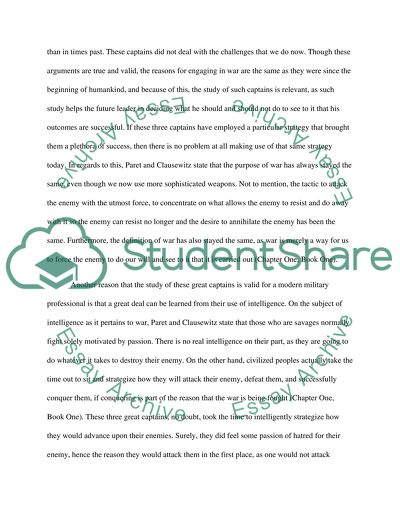Cite this document
(“Great Captains Essay Example | Topics and Well Written Essays - 1000 words”, n.d.)
Retrieved from https://studentshare.org/miscellaneous/1500648-great-captains
Retrieved from https://studentshare.org/miscellaneous/1500648-great-captains
(Great Captains Essay Example | Topics and Well Written Essays - 1000 Words)
https://studentshare.org/miscellaneous/1500648-great-captains.
https://studentshare.org/miscellaneous/1500648-great-captains.
“Great Captains Essay Example | Topics and Well Written Essays - 1000 Words”, n.d. https://studentshare.org/miscellaneous/1500648-great-captains.


